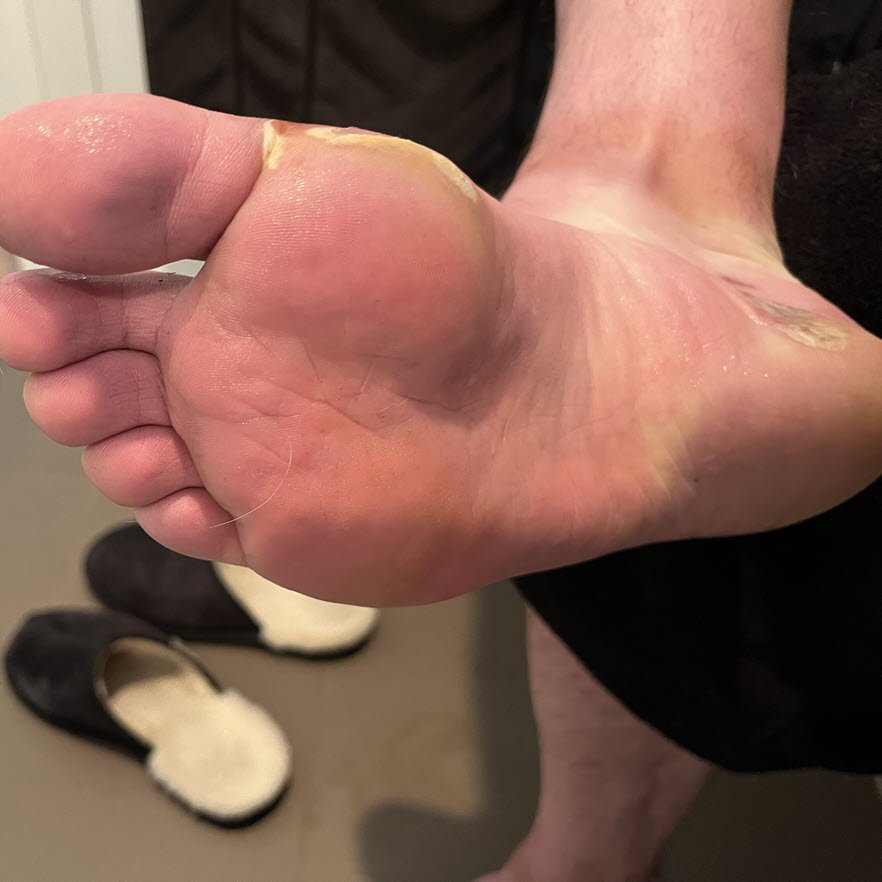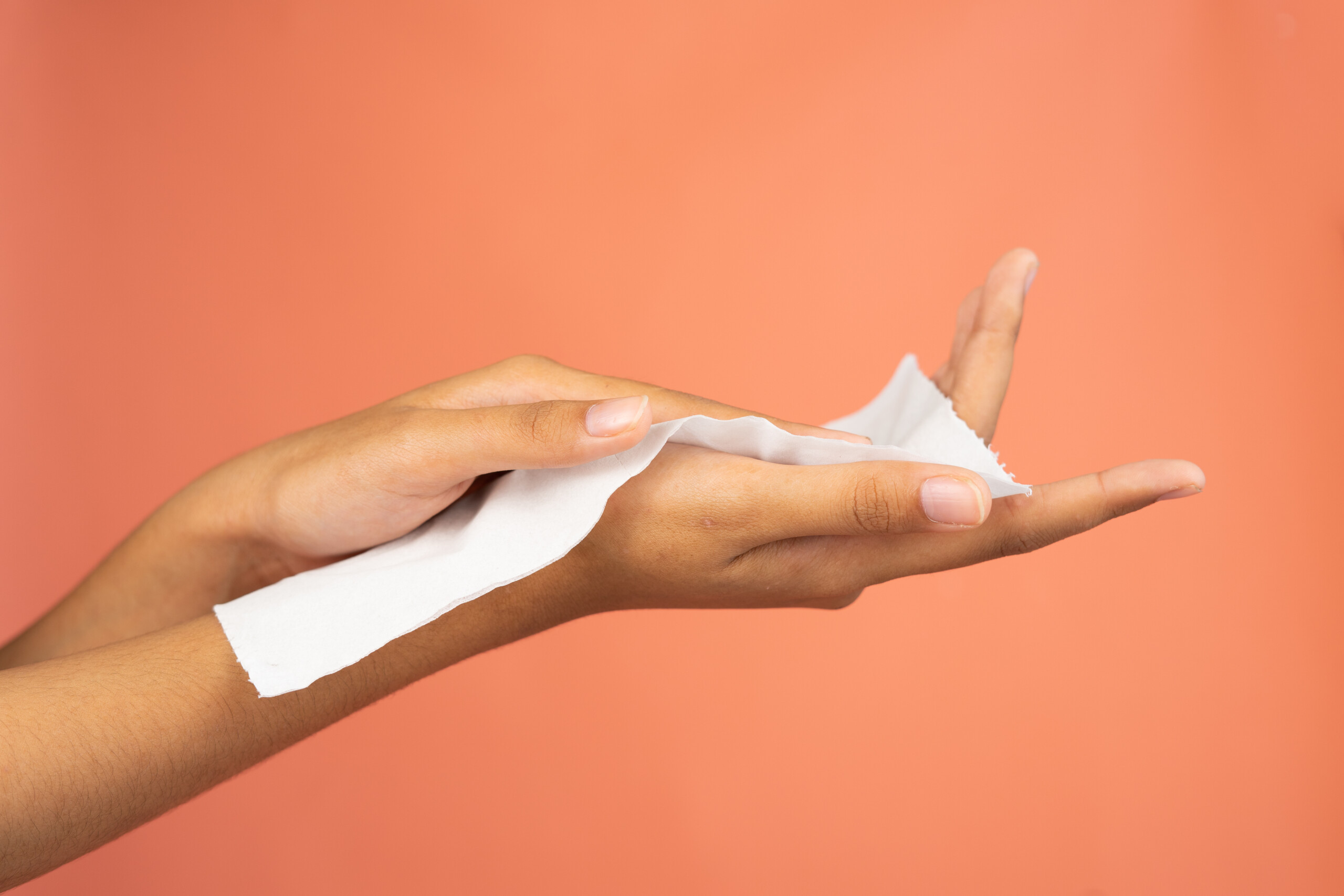How to Stop Sweaty Hands: Professional Dermatology Recommendations for Managing Excessive Sweating
How to Stop Sweaty Hands: Professional Dermatology Recommendations for Managing Excessive Sweating
Blog Article
Understanding the Origin of Excessive Sweating and Its Effect On Daily Life
Extreme sweating, also referred to as hyperhidrosis, is a condition that influences a significant part of the populace, yet its underlying causes and effects on day-to-day operating remain somewhat enigmatic. While it is frequently recognized as a physical reaction to regulate body temperature level, the triggers for too much sweating can differ commonly amongst people, including not just physical elements yet mental and also psychological elements. The impact of this condition prolongs beyond plain pain, usually influencing social communications and overall high quality of life. By diving into the root creates of hyperhidrosis and exploring its complex effects, a deeper understanding of this pervasive problem can be obtained, clarifying the intricacies that people facing too much sweating navigate daily.
Physiology of Sweat Glands
The policy of sweat production, a crucial physical process, is largely managed by the task of gland distributed throughout the body. Sweat glands are classified into 2 major kinds: eccrine and apocrine glands. Eccrine glands are the most many and are discovered in nearly all locations of the body. They play an important duty in thermoregulation by producing a watery fluid onto the skin's surface area, which helps and evaporates cool down the body down. On the other hand, apocrine glands are focused in locations rich in hair follicles, such as the armpits and groin, and their secretions are thicker and milky in appearance.
When the body temperature level rises, either as a result of exercise, high temperatures, or emotional stress, the nerve system causes the sweat glands to create sweat. This sweat is made up primarily of water and electrolytes like salt and chloride. The process of sweat production is vital for preserving the body's inner temperature level within a narrow, optimal variety, highlighting the critical role sweat glands play in human physiology.
Triggers for Excessive Sweating
In comprehending the origin creates of too much sweating, it is crucial to determine the triggers that can lead to this physiological response. Physical physical effort, high temperatures, and spicy foods are likewise known to set off extreme sweating in people susceptible to this condition.
Furthermore, medicines such as some antidepressants, opioids, and certain supplements can also work as triggers for hyperhidrosis. Recognizing these triggers is important in taking care of excessive sweating efficiently - Exessive Sweating. By identifying and resolving the specific triggers that motivate excessive sweating in a specific, doctor can create tailored therapy plans to relieve this condition and enhance the individual's lifestyle
Medical Issue Associated
Related to excessive sweating are numerous clinical problems that can aggravate this physical action. One usual problem is hyperhidrosis, a condition identified by abnormally increased sweating that goes beyond the body's thermoregulatory needs. This can manifest in focal locations like the palms, soles, underarms, or face, affecting an individual's lifestyle as a result of social embarrassment and pain.
Furthermore, endocrine disorders such as hyperthyroidism, diabetes mellitus, and menopausal warm flashes can additionally cause extreme sweating. Hyperthyroidism creates an overproduction of thyroid hormones, increasing metabolic process and activating sweating. Diabetes mellitus can induce sweating episodes, particularly during hypoglycemic episodes when blood sugar degrees drop as well reduced. Menopausal warm flashes, attributed to hormone fluctuations throughout menopause, can create unexpected and extreme sweating, typically come with by flushing and heart palpitations.
Additionally, infections like hiv, endocarditis, and tuberculosis have actually been related to night sweats, an usual symptom recognized to disrupt rest and impact total well-being. These clinical problems highlight the varied series of underlying aspects that can add to too much sweating, requiring extensive evaluation and administration by medical care professionals.
Psychological and Emotional Variables

Influence on Social Interactions
Excessive sweating can have extensive effects on a person's capability to involve comfortably in social interactions. The noticeable signs of have a peek at this website sweat spots or damp patches on apparel can lead to embarrassment and self-consciousness, triggering individuals to take out from social scenarios. you could try this out This withdrawal can influence partnerships, limitation social tasks, and impede professional and personal growth.

Furthermore, the stress and anxiety and self-confidence concerns stemming from extreme sweating can influence communication and social skills. People might battle to concentrate on discussions, join group tasks, or reveal themselves with confidence. This can result in feelings of isolation and isolation, as social connections come to be testing to preserve.
Verdict

While it is commonly understood as a physical feedback to control body temperature level, the triggers for too much sweating can vary extensively among individuals, encompassing not only physical aspects but likewise psychological and emotional elements. By diving right into the root triggers of hyperhidrosis and discovering its diverse impacts, a much deeper understanding of this prevalent problem can be gotten, dropping light on the complexities that individuals grappling with excessive sweating navigate on a day-to-day basis.
Physical effort, high temperature levels, and spicy foods are likewise understood to activate too much sweating in individuals prone to this problem. By identifying and resolving the certain triggers that trigger too much sweating in an individual, health care service providers can develop tailored treatment strategies to minimize this condition and boost the person's high quality of life.
Excessive sweating can have extensive results on a person's ability to involve conveniently in social interactions.
Report this page